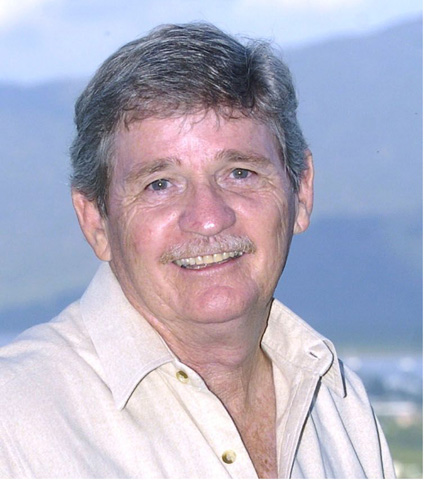.
AUSTRALIAN-AMERICAN FREE TRADE AGREEMENT
CAUSE
FOR CONCERN
It is only a few
months now since Mark Vaile, Australia’s Minister for Trade and his American
counterpart Bob Zollick settled on the terms of the Australia-America Free Trade
Agreement. The agreement as concluded was heavily in favour of the Americans
exporters of both goods and services and so much so that members of the American
Congress expressed some embarrassment over the final document.
At the same time
Australia’s primary producers were astounded to see that their industries had
been excluded from any benefit from the agreement for a minimum period of some
20 years, but none more so than the sugar producers who were simply excluded
altogether.
The agreement
covered a number of nominated fields apart from primary industry such as
Intellectual Property, Finance and Pharmaceuticals to name a few. Each of these
sector’s provisions, on a close reading left all the advantages where they
were, mainly with the Americans who self evidently have a bigger total market
and carry a lot more clout on the international scene.
During this time
the Labor Party under the then leadership of Mark Latham was surprisingly low
key on the whole issue. In fact when the time came to ratify the whole of the
agreement between Vaile and Zollick by way of legislation the only serious
objection that they raised related to the Australian Pharmaceutical Benefits
Scheme [PBS].
According to Labor,
and they were almost certainly right, the agreement as drafted allowed the
American pharmaceutical industry to commence proceedings either legal or
otherwise that would have the effect of extending the life of their drug
patents. This would inevitably increase costs of drugs for the PBS by excluding
generic drugs thus making health care in Australia more expensive and a greater
cost on the budget.
Why the Labor Party
elected to concentrate on this sole point of the PBS matter can only be the
subject of speculation. But apparently the deal at the time was that if the ALP
got its PBS amendment through then the ALP would support the legislation in both
houses thus marginalising any minor party objections or potential to defeat.
And that’s
exactly what happened, the Labor amendment to the pharmaceutical requirements
was passed and Labor supported the legislation in the Senate thus ensuring its
passage.
At that stage it
was all over, a done deal so to speak, but after the following Federal election
at which Labor was soundly defeated in the House of Representatives and the
Coalition gained an absolute majority in the Senate it would appear that the
American Pharmaceutical interests commenced to have the Labor sponsored
amendment to the Free Trade Agreement removed. In other words the American drug
industry sought to be granted much more licentious trade terms, those that they
originally hoped for.
It has taken at
best only six months for Mark Vaile and the Coalition to capitulate to the
American Pharmaceutical interests as we now hear that it is proposed to amend
the legislation to delete the Labor amendment. No explanation given by Mark
Vaile can adequately explain his actions in this regard as he has freely
admitted that the proposed amendments are of no consequence or even
“unnecessary” and the question immediately arises, “Why then is he doing
it?”
And that’s a good
question to which Mr. Vaile may one day give a plausible answer.
Clearly it is
simply just another case of the Government selling the interests of the
electorate down the drain for the betterment of foreign transnationals financial
and business interests.
But the electorate
would do well to be warned what the real sting in the tail of the
Australia-America Free Trade Agreement really is. While Intellectual Property,
Primary Industries, and Pharmaceutical Benefit Schemes are all important the
real beneficial part of the ‘Agreement’ to American interests will come
about through the continued sale of Australian taxpayer-owned assets to overseas
interests, particularly American. This process has been going on for years and
it is deliberately given little publicity in the mainstream media.
Our real crunch
will come when the obvious utilities such as water and power are gone, and
private off shore companies runs health, education and even law enforcement. At
that stage we will really have to work out why we vote but by that time voting
will be fully optional. This is all part of a process that will see taxes
reduced, but corporate profits rise and while we have some little say in our
level of taxation we will have absolutely no say regarding corporate profits. At
the end of the day the price we pay for say water or power or pharmaceuticals or
health care will be completely out of our hands and also the governments.
So what our Mr.
Vaile and his political allies [on both sides of the House] have achieved to
date is yet another turn of the wheel in the process of our financial
disenfranchisement and political impotency, a matter over which he must be
rightly proud!
What we have to do
is to ascertain whether the Pharmaceutical Benefits fiasco is simply a
distraction from the main game or if it is the main game itself. Its certainly
there for us to see but by the time we all understand it, and ultimately take
some action it will almost certainly be too late.
Monday
30 January 2006
RETURN TO:
INDEPENDENT VIEW
![]()
![]()



